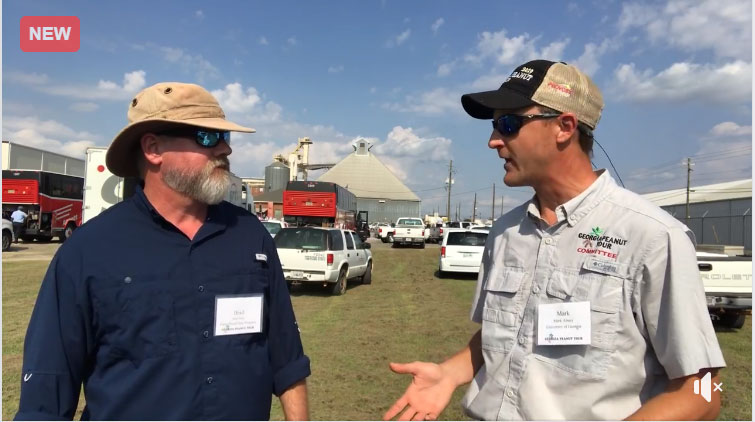
A peanut scout would have paid off in Georgia this year.
“We get insect pressure every year, but when it's hot and dry like it has been this year, it is tough,” said Dr. Mark Abney, University of Georgia Extension peanut entomologist, speaking to Brad Haire, Farm Press content director, on the annual Georgia Peanut Tour Sept. 18 near Ashburn, Ga.
“We have had all the hot-and-dry pests this year,” he said.
For example, the major pest the lesser cornstalk bore “came in early and they never went away. We never got that sustained rainfall that we need to drive them all. We've got less or cornstalk bores in the field today," he said.
“I talk about scouting, and there's a lot of peanut acres in Georgia that don't get scouted. And I can understand the reasons why, but I believe that this year a scout in 2019 will probably have paid for his job for the next three or four or five years, maybe more with what they would've made or saved the grower this year," Abney says.
In this video, Abeny details this year’s pest issues and talks about a recent EU decision that could next year eliminate an important insecticide for U.S. peanut growers.
About the Author(s)
You May Also Like






